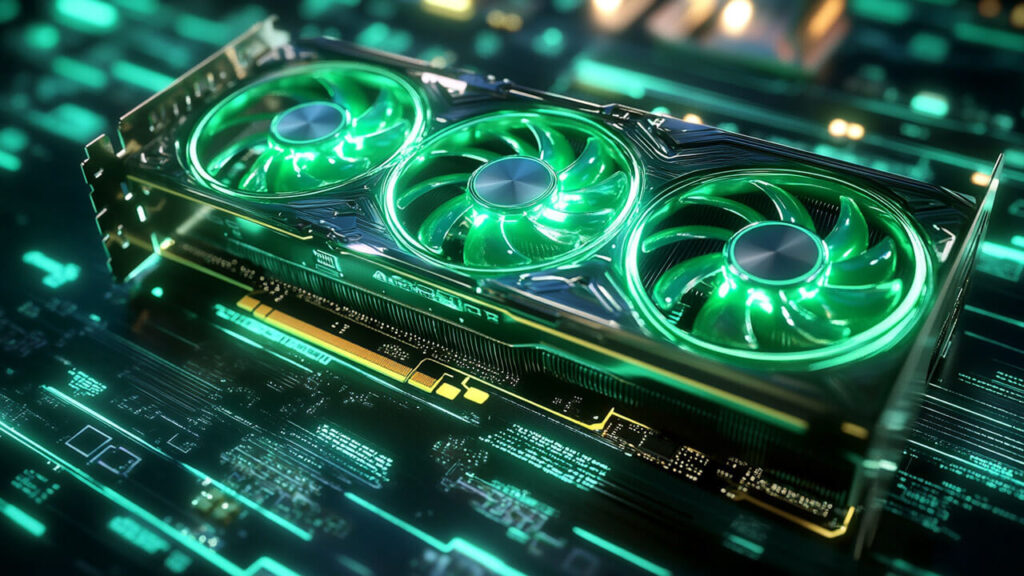The next is a visitor put up by Jakub Ondrasek, CEO at Clore AI.
Tech improvements resembling AI, cryptocurrency, quantum computing and VR are redefining trendy life. Most customers don’t understand how a lot high-performance computing energy is required to gasoline such modifications. This computing energy is driving main breakthroughs, but it surely additionally contributes to one of many world’s most urgent issues: unsustainable power use.
A latest report from The Worldwide Vitality Company (IEA) warns that the electrical energy consumption of knowledge facilities is ready to double by 2026. In the meantime, out of the $1 trillion spent on {hardware} within the IT trade yearly, it’s been estimated that round 50% of computing power is sitting idle.
Losing a lot computational energy while pursuing more and more expansive frontiers is a paradox. How, when breakthroughs come thicker and quicker than ever, can these highly effective sources be allowed to lie dormant? If tech industries are genuinely as severe about sustainability as they’re about innovation, the reply is: they’ll’t.
The Environmental Toll of Idle {Hardware}
The environmental burden of unused computing energy weighs heavy. Idle sources will be thought of a main wrongdoer amidst tech’s steady battle to curb its carbon footprint. Manufacturing GPUs, CPUs, and different high-performance {hardware} depends on mining uncommon components. Furthermore, when this {hardware} grows outdated or goes unused, it generates vital ranges of e-waste.
Each unused GPU, server, or information heart nonetheless consumes electrical energy to take care of operational readiness. This leads to freeflowing carbon emissions that supply no actual tangible return. Because the world continues to grapple with a local weather disaster, that’s extraordinarily troublesome to justify.
It’s crucial, subsequently, to use productive options that rework the inefficiencies inside present infrastructures. Fortunately, decentralized approaches supply enormous alternatives to fight these inefficiencies and reduce their environmental toll.
Decentralized GPU Leases: A Inexperienced Various
Common endeavours resembling AI mannequin coaching, crypto mining and digital rendering processes are extraordinarily energy-intensive and it’s essential to make sure optimum utilization of present sources to feed their demand.
As computational energy sits round gathering mud, centralized cloud suppliers resembling AWS and Google Cloud proceed to overbuild {hardware}. Clearly, it’s not the creation of latest infrastructure that’s wanted. As a substitute, the ability that’s already accessible have to be made extra accessible to corporations and builders that may use it.
Blockchain know-how is making this attainable. With peer-to-peer mechanics, GPU energy will be distributed on-demand to all events. Corporations and builders who aren’t utilizing their sources can supply them up. People who want them, however don’t have them, can take them on. It’s a win-win-win.
For GPU suppliers, income streams are created. Useful resource sharing turns into incentivized. For corporations and builders, the necessity to manufacture further parts to run their operations is lowered. With much less want to provide and ship new tools, carbon emissions and e-waste ranges will fall. Improved sustainability turns into a pure byproduct.
Furthermore,decentralized programs additionally distribute computing workloads throughout a world community, making them inherently extra energy-efficient. As a substitute of counting on power-hungry information facilities concentrated in just a few areas, workloads will be unfold to the place sources are most available, usually making the most of lower-energy environments or renewable power sources.
Redefining Sustainability within the Tech Trade
Elevated sustainability measures are sometimes related to compromised innovation in tech. But creating on-demand entry to GPU energy defies this narrative. Decentralized GPU leases makes high-performance computing energy inexpensive to builders and initiatives of all sizes. This democratized entry doesn’t simply assist to utilise dormant power, but additionally helps to vitalise initiatives affected by useful resource shortage.
For startups and smaller enterprises, the price of conventional cloud companies will be prohibitive. Inexpensive, high-performance options can take these initiatives – and the concepts of particular person develoeprs – off of the sidelines and onto the taking part in subject. On this means, decentralized GPUs can help innovation and greener practices in tandem.
The broader implications are clear: if the tech trade can prioritize environment friendly useful resource utilization, it has the ability to cleared the path in combating local weather change and decreasing e-waste. On-demand leases of idle GPUs and different {hardware} set a brand new commonplace, difficult conventional reliance on centralized information facilities and overproduction.
This shift would require greater than know-how – it calls for a change in mindset. Corporations, policymakers, and customers should acknowledge the pitfalls of the present system and be keen to embrace a extra collaborative setting.
A Name to Motion
Finally, the stakes are excessive. If information facilities proceed to devour electrical energy on the fee highlighted by the IEA, different makes an attempt to enhance sustainability might be futile.
Left unchecked, the environmental influence of inefficient computing will tarnish the fruits of ongoing innovation.
Luckily, options like decentralized GPU leases supply a transparent path ahead. Not solely can we meet the diversified demand for high-performance computing, however accomplish that in alignment with a greener future.
The selection is ours: leverage unused energy and create extra alternative out of e-waste; or waste a possibility to reclaim energy over how we gasoline our creations. The tech revolution doesn’t have to come back on the expense of the setting. By rethinking how we use our sources, we will pave the way in which for a future the place innovation and sustainability go hand in hand.
